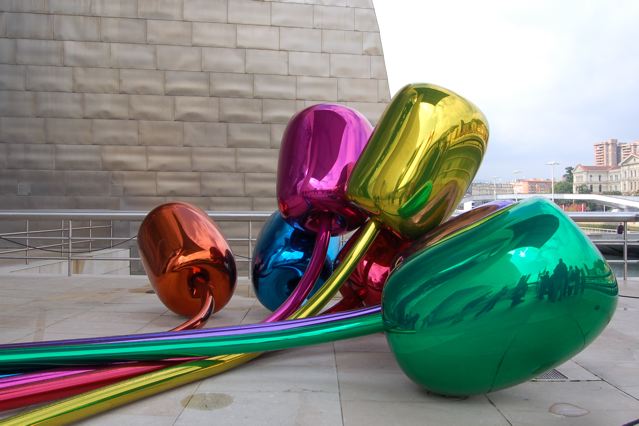I am not naturally a pastel fan - the texture and the inevitable mess I'll make has always made me steer clear and stick with my inks and paints. Consequently I am in complete awe of those who produce stunning works of art with this often overlooked medium, and Jean-Etienne Liotard (1702-1789) is right up there with them. As one of the most highly regarded portraitists of eighteenth-century Europe, it comes as a surprise to learn that the current expedition at the Royal Academy is the first ever devoted to his work in the UK. Consequently this gathering together of over 70 works by the eminent Swiss artist, many of which have rarely been seen in public, opens our eyes to his incredible talent.
Born in Geneva, Liotard was a cosmopolitan artist who travelled extensively and was particularly intrigued by Constantinople where he lived for 4 years. The trip was facilitated by the Hon. William Ponsonby (the future Lord Bessborough) who asked Liotard to accompany him to the city in 1738 in order to record with drawings his travels, especially ‘the dresses of every country’. It seems incredible today, in a world where people record every minute detail of their lives on their phones, that such an appointment existed - and for 4 years! They sailed from Naples, accompanied by John Monatgu, 4th Earl of Sandwich, and en route to Turkey they stopped at Sicily, Malta and Greece, where they explored classical antiquities such as the Acropolis. How amazing it must have been for Liotard to embark on such an exotic trip, and in the company of such aristocracy.
Being a naturally inquisitive and gregarious person, Liotard quickly familiarised himself with the various cultures in Constantinople, including Muslims, Jews, Greeks and Armenians. It was here, and in Moldavia, that he adopted the exotic ethnic dress and long beard that we often see in his self-portraits.
Elements of Turkey and Orientalism are evident in much of his work, and his artistic records of the indigenous dress and customs are of great historical value as well as fascinating to observe - they certainly gave Liotard an air of mystique for the many patrons who clamoured for him to paint their portraits.
Having build up an important client base in Constantinople, Liotard was able to build a hugely successful career as a portrait painter. The works on show in this exhibition reveal sitters with splendid grandeur and opulence, and yet Liotard has avoided any stuffiness and gives a subtle insight into his subjects. Apparently they appreciated the detail he put into the fabric of a robe or a fur trim, but in later years we also appreciate his incredible talent at capturing facial expressions. We feel we are witnessing a fleeting moment of their true character - a sideways glance, a wry smile, a casual pose that all give a sense of intimacy.
 |
| Jean-Etienne Liotard, Self-portrait Laughing, c. 1770, Musée d’art et d’histoire, Geneva, inv. 1893-9 |
Liotard’s preferred medium was pastel, but he also painted in oil, made wonderful mezzotints and explored with trompe-l‘oeil - all of which illustrates his inquisitive mind and complete artistic confidence. Fortunately for us, the dry medium of pastel and its richness of colour have stood the test of time exceptionally well and the works on show at the RA are in stunning condition.
My favourite work of all has to be a wonderful self-portrait of the lovely Liotard himself, dressed in his mustard coloured hat and a long blue coat, he glances sideways to the viewer with a broad grin as if sharing some private joke. A man who saw the world through vibrant eyes, and happily took the time to record it with his great artistic skill and now shares it with us over 250 years later.
Jean-Etienne Liotard is at the Royal Academy, London until January 31, 2016.
Visit: www.royalacademy.org.uk

